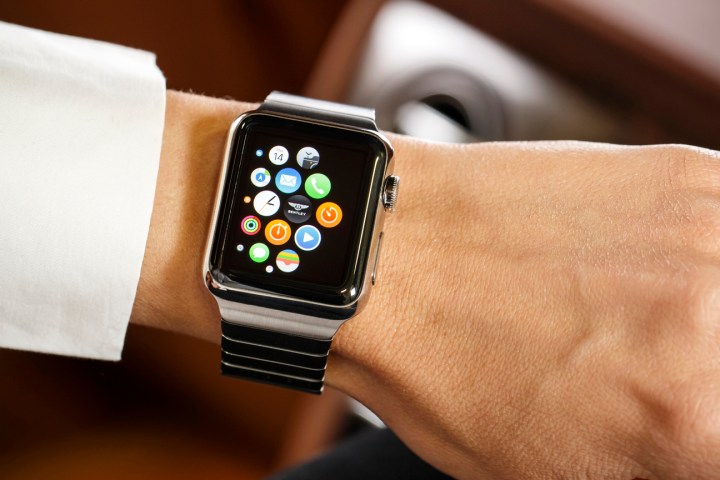
The report measured overall satisfaction with smartwatches, based on a 1,000-point scale, among 2,696 respondents who bought a smartwatch within the last 12 months, as well as with fitness band trackers among 2,949 respondents who purchased one of those devices within the last 12 months. Respondents were fielded questions in May and June.
In the smartwatch arena, Apple topped the satisfaction rankings with 852 points, with strong performance in terms of comfort, styling and appearance, and ease of use. However, Samsung was not too far behind, with the company garnering 842 points and strong performance in terms of customer service, display size, and phone features. Contextually, average customer satisfaction with smartwatches stood at 847 points.
However, respondents did have issues with whatever smartwatch they owned, with 19 percent saying they experienced at least one problem. 29 percent of respondents had an issue with the battery either not lasting as long as they like or not charging at all, with 23 percent having difficulties with customization and 22 percent experiencing a broken charger.
Moving on to the fitness band tracker section, Samsung took the reigns with 859 points, with special attention given to comfort, reliability, and ease of use. With 836 points, however, Garmin is breathing down Samsung’s neck, with strong performance in terms of customer service, ease of use, strength and durability, and reliability.
Of note is Jawbone, which sees its market share continue to cede ground to Apple, Fitbit, and Xiaomi, with a customer satisfaction score of 814, below the report average of 829 points. Also below that average are LG, which garnered 827 points, and Fitbit, which sits at 826 points.
When it comes to why respondents selected their currently fitness band device, positive reviews played fourth fiddle to ease of use (48 percent), price (40 percent), and brand reputation (38 percent).
Not a great time to be a wearable
Interestingly, Pebble was not listed in either smartwatch or fitness band category in the report. The company has somewhat struggled as of late, laying off 40 of its employees in March. Furthermore, money has been hard to come by, according to CEO Eric Migicovsky, with Pebble focusing on health and fitness features moving forward.
Pebble is hardly the only company in the wearable game that is struggling, with Fitbit’s stock going south and the Apple Watch constantly getting price cuts. Jawbone, meanwhile, laid off 15 percent of its workforce in November, though the company assured customers it will not exit the wearable game anytime soon. In addition, LG is the only manufacturer on the list to still be in the Android Wear business, which makes us wonder how Google’s wearable operating system is doing in terms of sales.


